For an overview of fielding the Romanian Army in Bolt Action, and part one of the Romanian Bitz-krieg, check out the previous article Don’t Sleep on the Little Guys.
Cavalry (Dismounted)
The Romanian Army had 26 Cavalry regiments at the beginning of the war, with 12 Roşiori regiments, 13 Călăraşi regiments (7 of which were reconnaissance units for larger formations) and 1 Horse Guards regiment. Following The Great War, the differences between these branches of the cavalry were minimal.
The Romanian Cavalry brigades would see combat throughout the war, with initial fighting around Odessa, followed by Stalingrad and Crimea. In 1943 newly formed cavalry divisions (from the erstwhile brigades) would be resupplied with German weaponry.
- Blitzkrieg German body
- Italian weapons and arms
- Polish, French or German helmets
Motorcycle Infantry (Dismounted)
The motorcycle infantry was born out of the Cavalry branch of the Romanian Army. Initially, those who owned motorcycles could volunteer for the cavalry formations over the regular army to encourage more eager recruits. Eventually, the Romanian Army standardised its motorcycle complement using German models.
- Blitzkrieg German body
- Italian (or French) weapons and arms
- Polish, French or German helmets
Airborne
Compared to the armies of Germany, Italy, Hungary or the Soviet Union, Romania did not have a sizeable airborne force, with only one battalion by 1943 – which the Germans supplied. In 1944, the 4th Battalion saw combat against their German counterparts at Baneasa and Otopeni.
- Fallschirmjäger body
- Italian arms and weapons
- French caps
- German Fallschirmjäger helmet
Marines
Romania had a single regiment of Marines in 1941, consisting of 3 battalions split into three naval detachments: the Sulina, Periprava and Chilia. The regiment was later expanded to 6 battalions with new naval detachments known as the Liman and Odessa detachments.
The Romanian Marines were equipped with older weaponry, with their primary rifles being the Mannlicher 1893 and 1895 models.
- Commando body
- German Blitzkrieg officers’ hat
- French Adrian helmet
- Italian arms and rifles
The Conductor’s Guard
The Conductor’s Bodyguard Regiment has a unique history, they were originally formed as a motorised battalion in 1934, but in 1941, due to their crucial impact during the Iron Guard Coup, the unit became the bodyguards of Ion Antonescu. Later that year, the battalion expanded into a regiment and then, in 1943, was given the official Guard status.
The Conductor’s Guard was instrumental once again in King Michael’s Coup of 1944 (the coup d’état to remove the government of Antonescu – which had aligned Romania with Nazi Germany). Despite their Guard status, the regiment ultimately proved loyal to the King. As the Coup unfolded, and Romania shifted to a pro-Allied stance, the regiment would fight against the German garrison in Bucharest.
- Italian body
- Commando (or French) beret
- French, Italian or German weapons
Anti-Tank Teams
Due to a lack of infantry anti-tank equipment, including anti-tank rifles, the Romanian army struggled to knock out Soviet tanks in combat. This shortage led to the creation of the tank hunters, who were volunteers given the unenviable task of assaulting the armoured behemoths. Stripped of bulky equipment, they took only the essentials into combat (including anti-tank mines and many types of grenades).
- Any of the bodies previously mentioned
- Any helmet
- Arms with anti-tank grenades
- SMG arms
Essential Plastics for Kitbashing Romanians
Essential Reading
You’ll find a full Romanian army list in Armies of Italy & the Axis, but there’s a wealth of additional information, including new units, special rules and theatre selectors, in recent campaign supplement, Case Blue, which details the Axis offensives into the Southern Soviet Union, culminating in the decisive battles in and around Stalingrad.
Discover even more exploits (and new rules and units) of the Romanian Army through the lens of Bolt Action with these jam-packed Campaign supplements too:
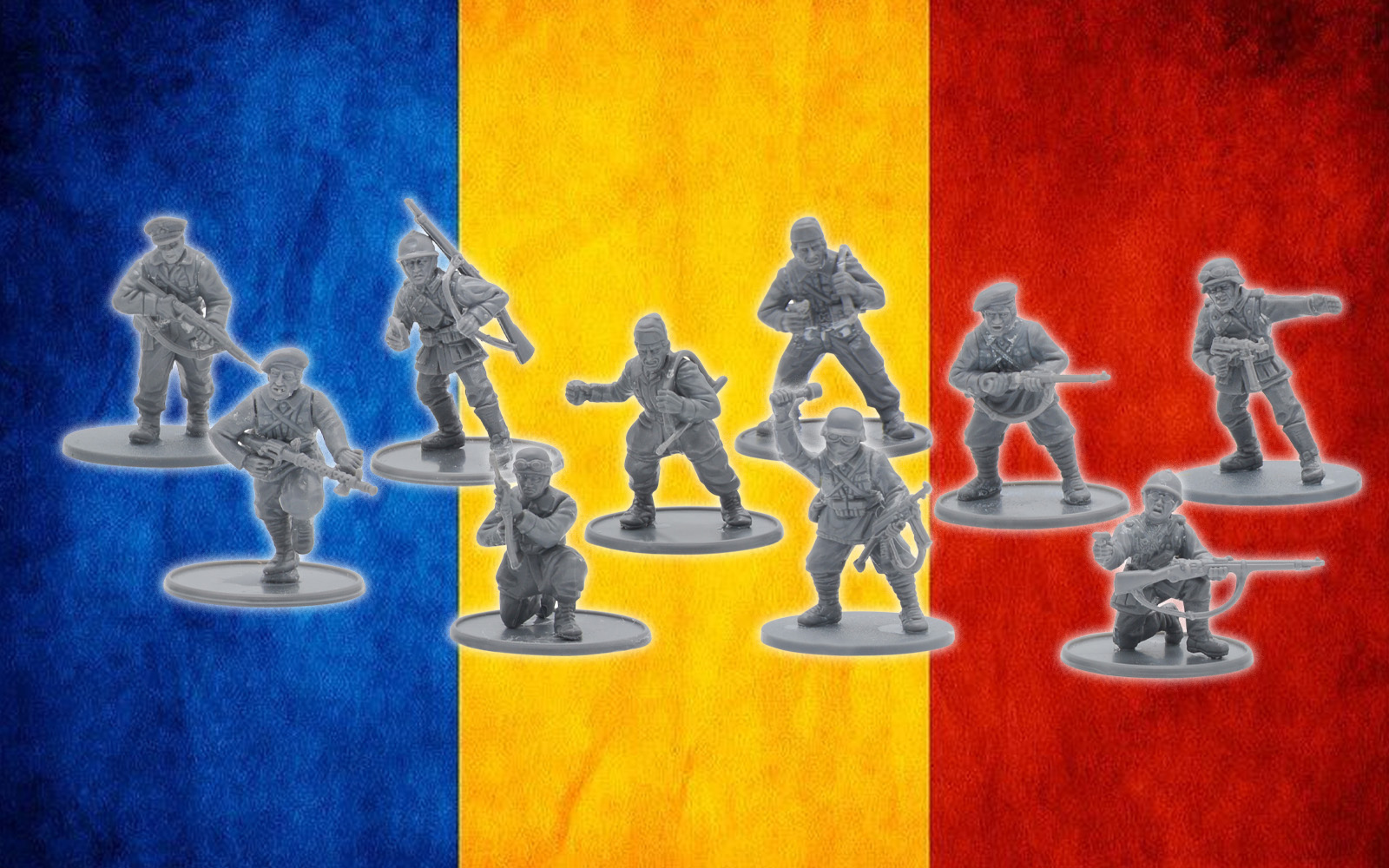
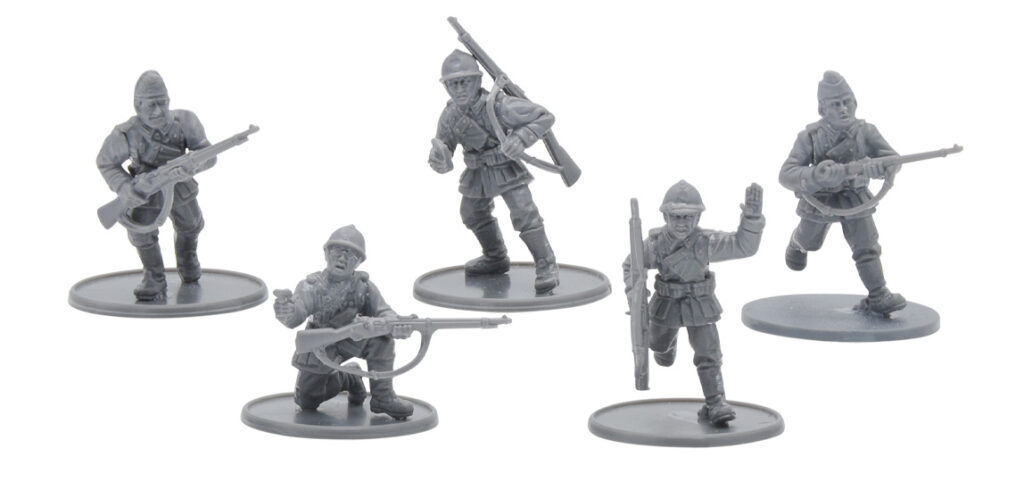
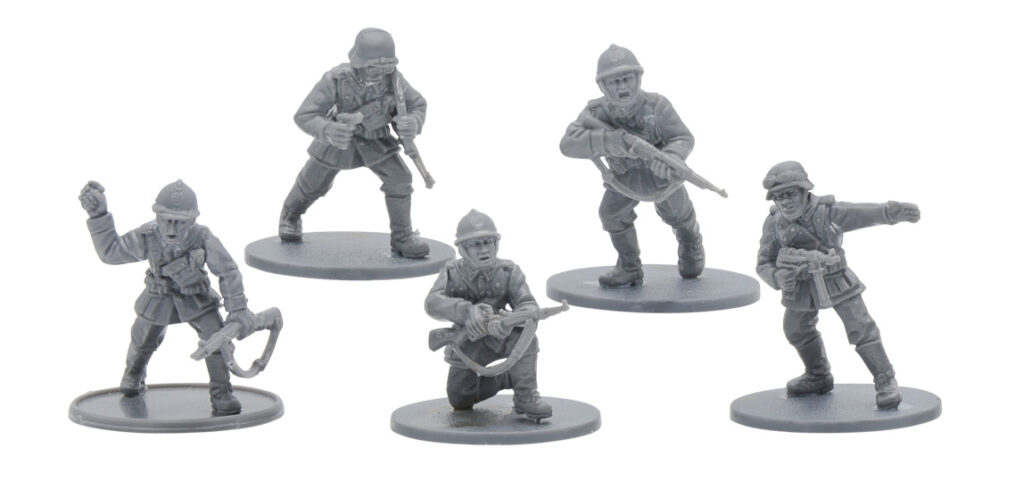
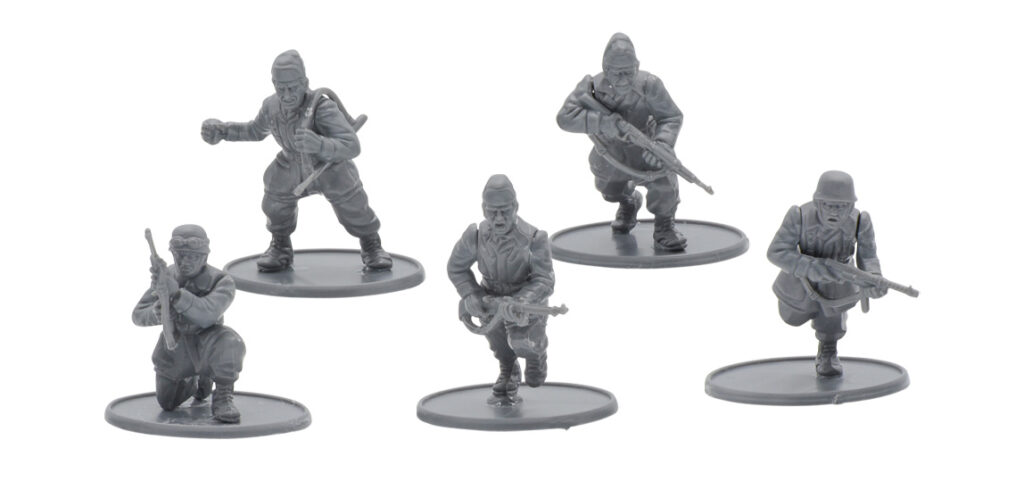
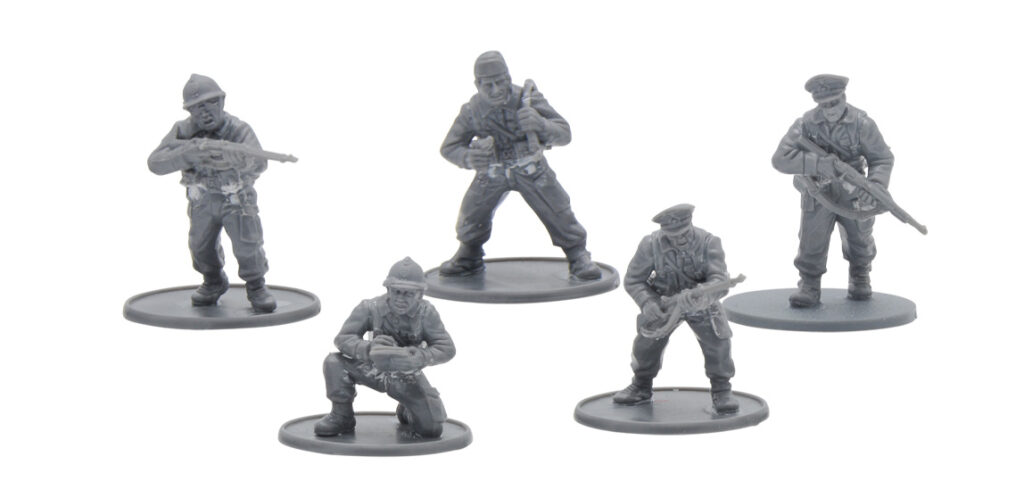
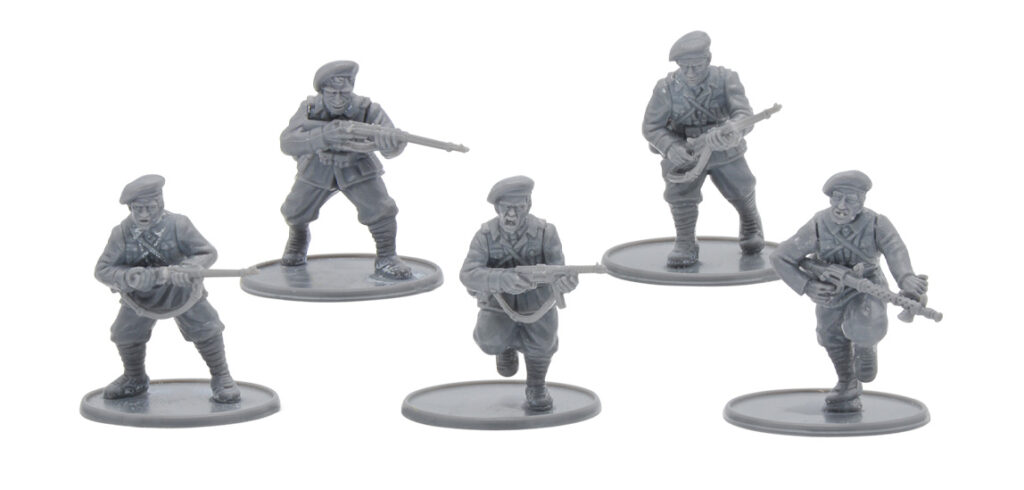
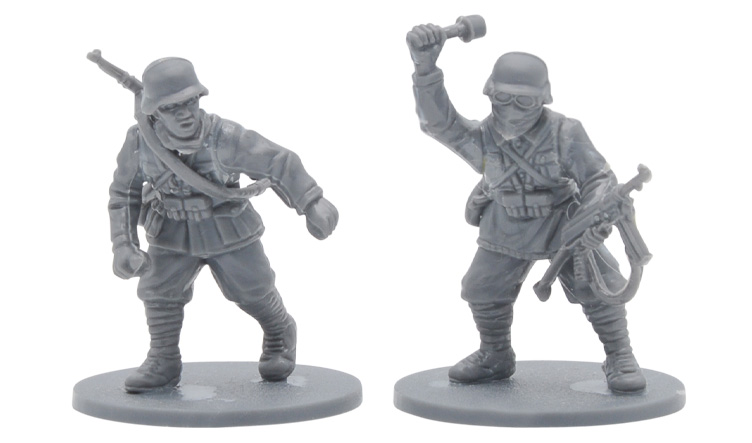
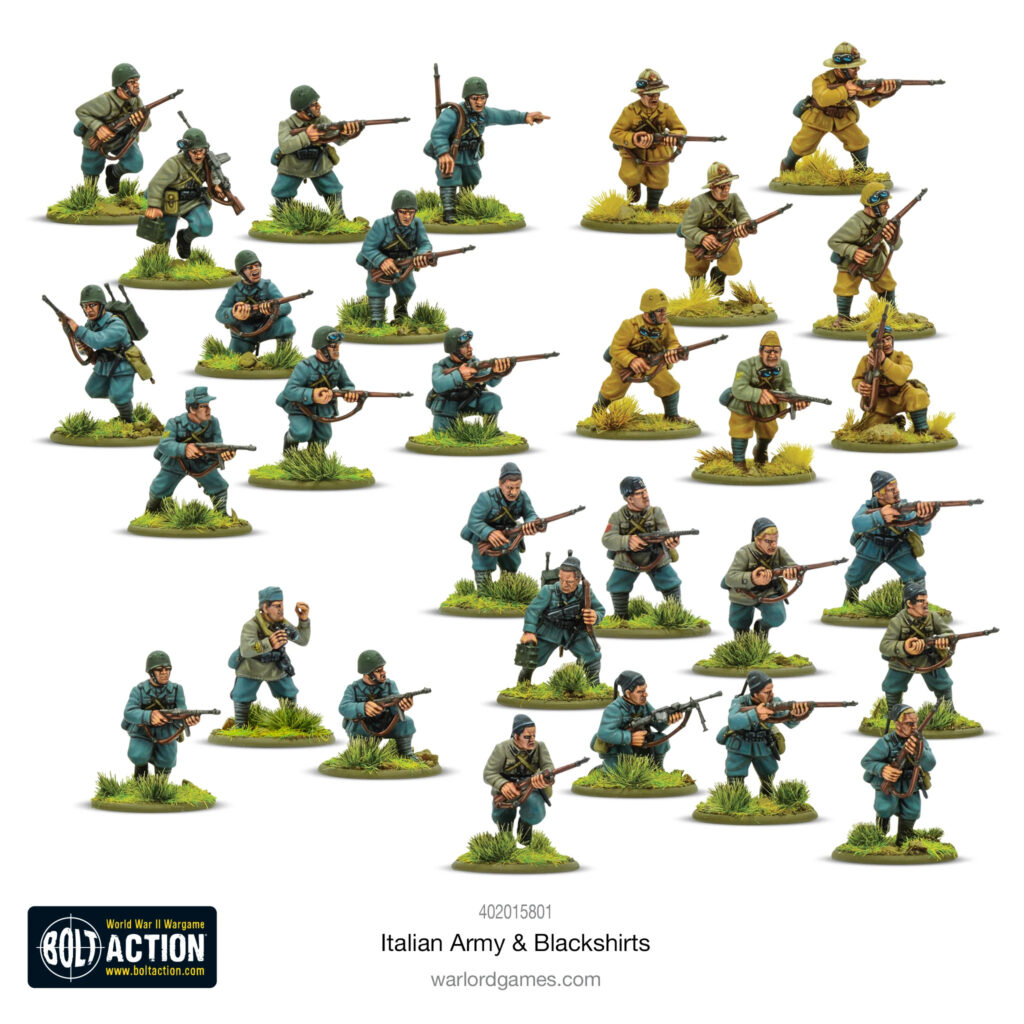
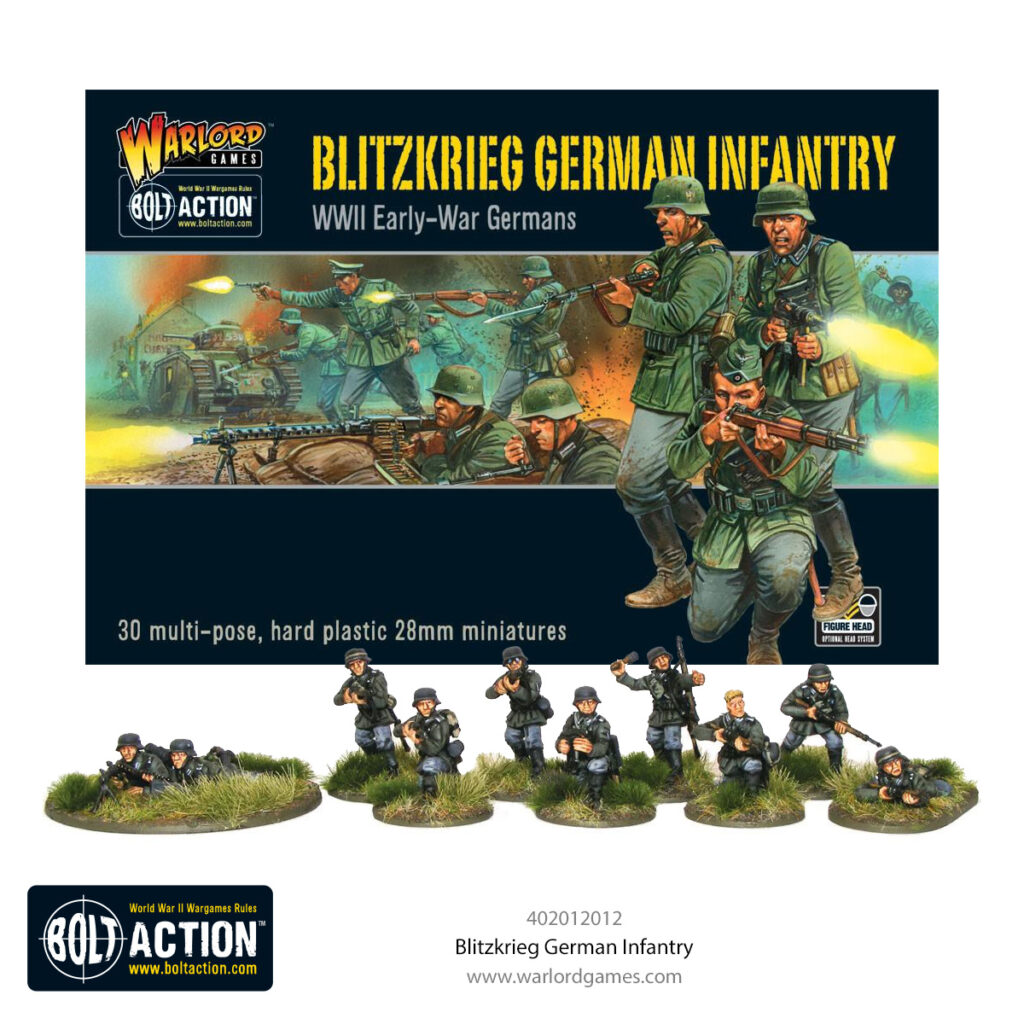
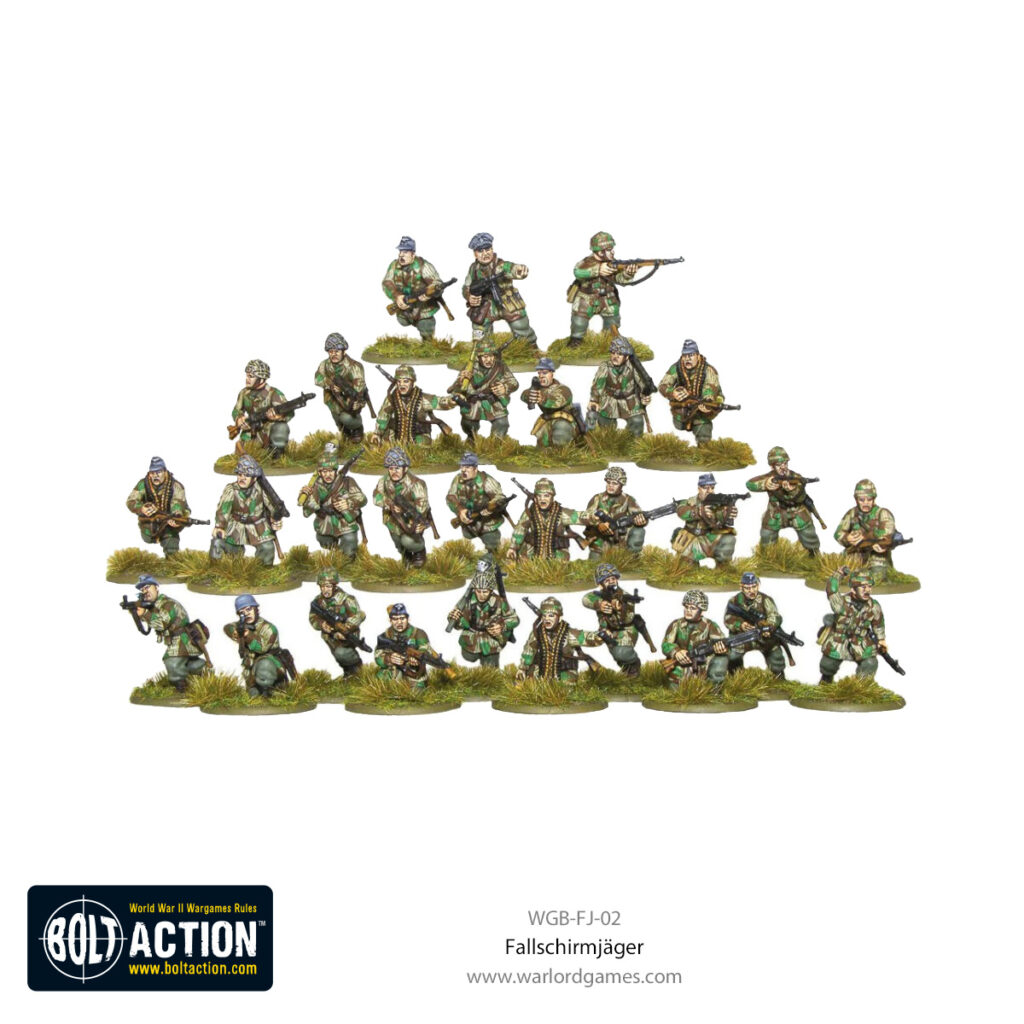
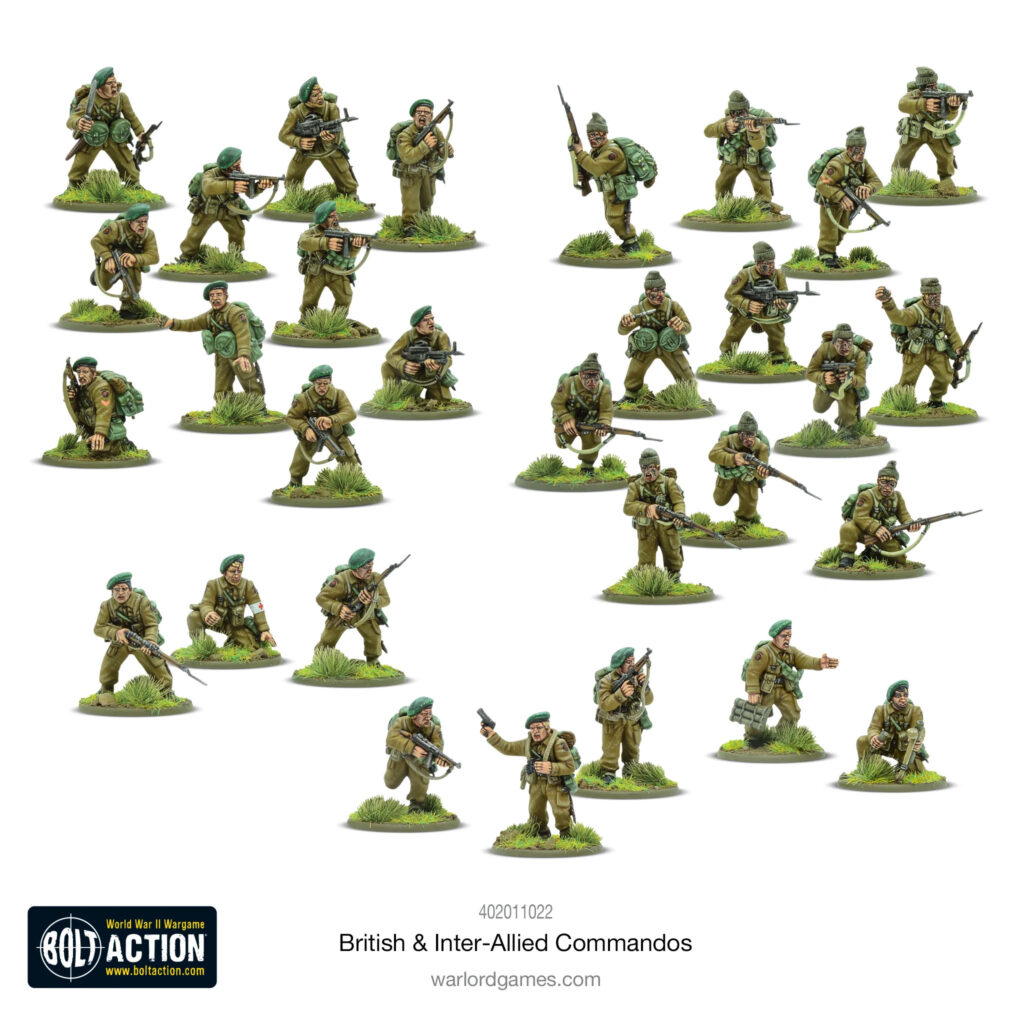
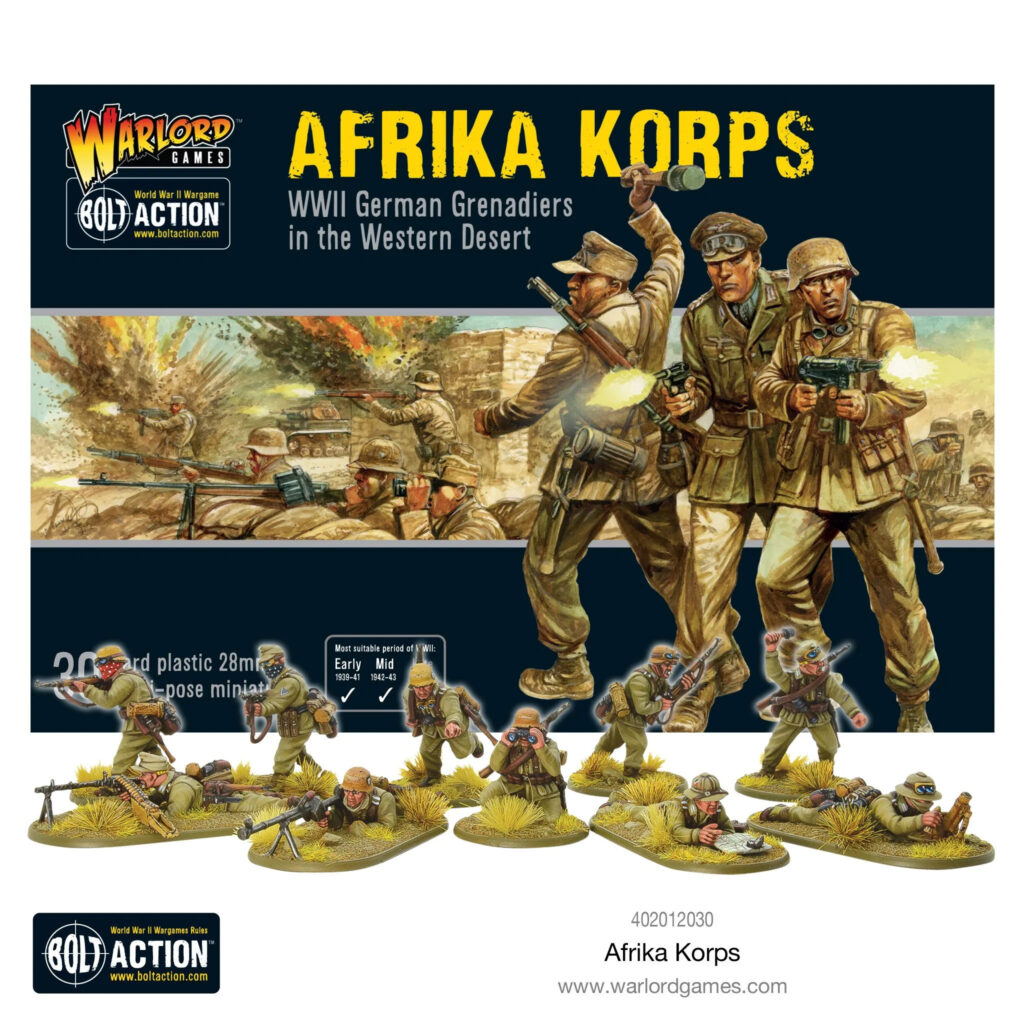
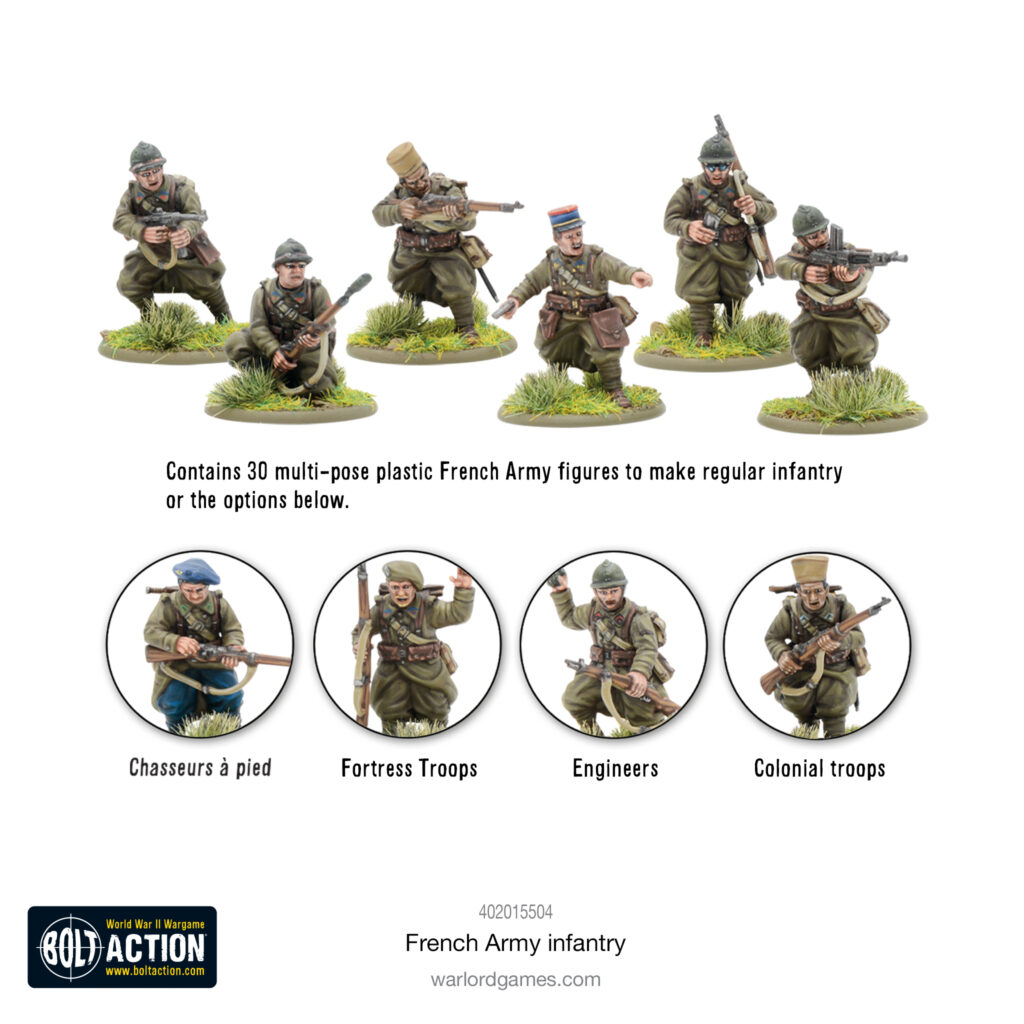
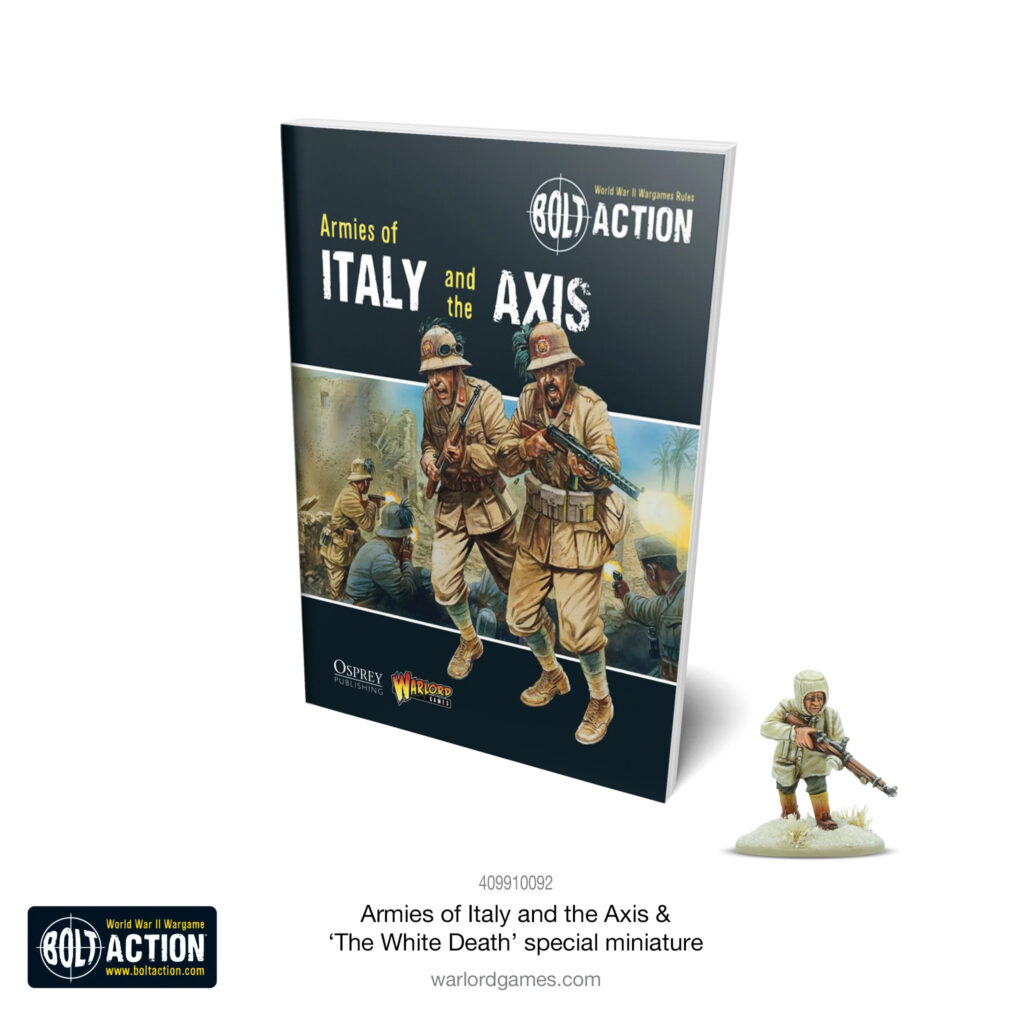
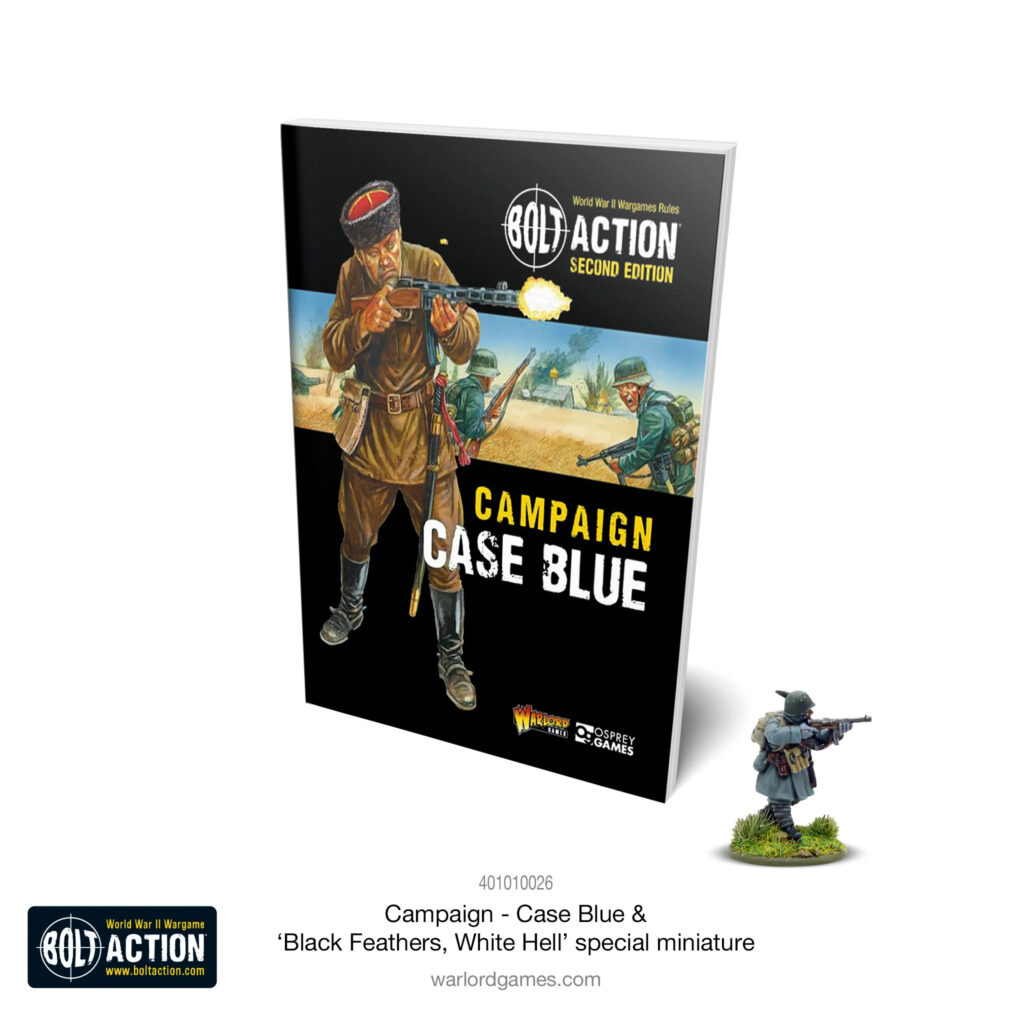
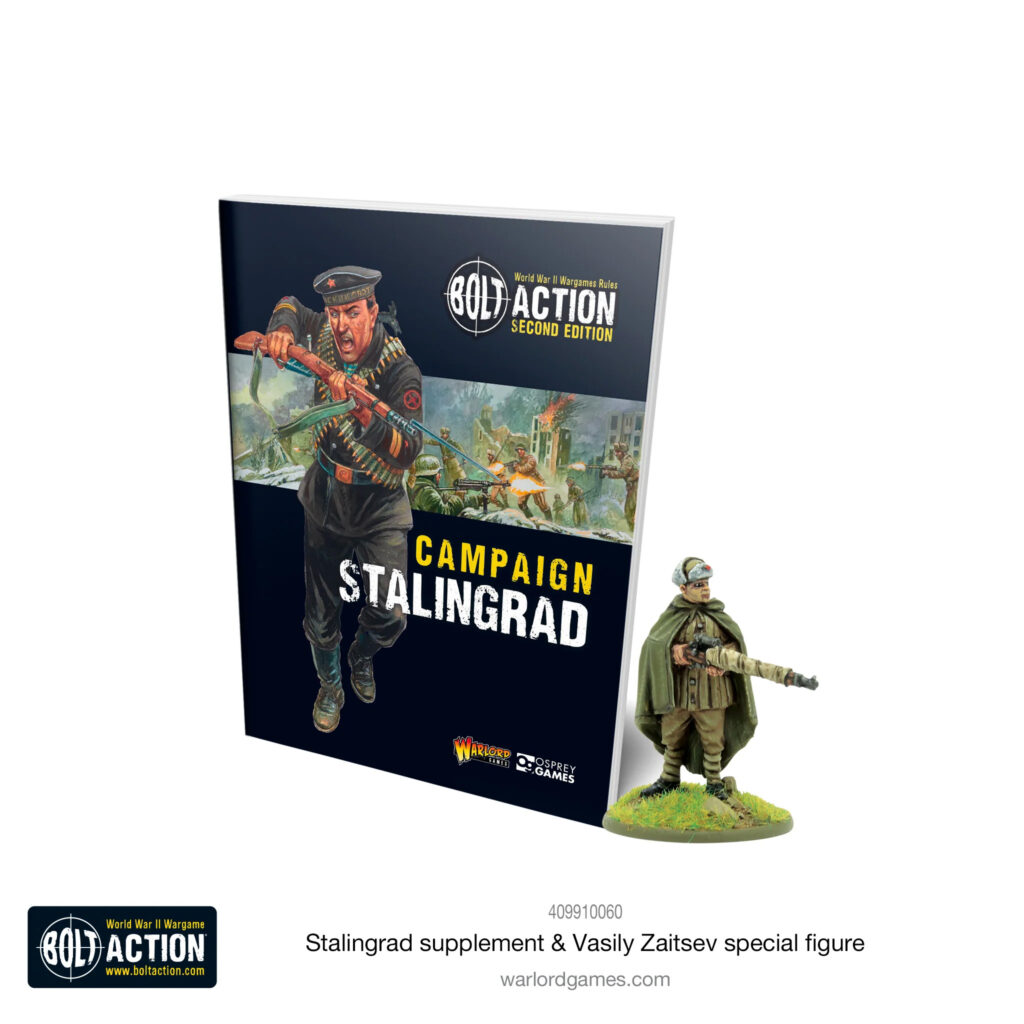
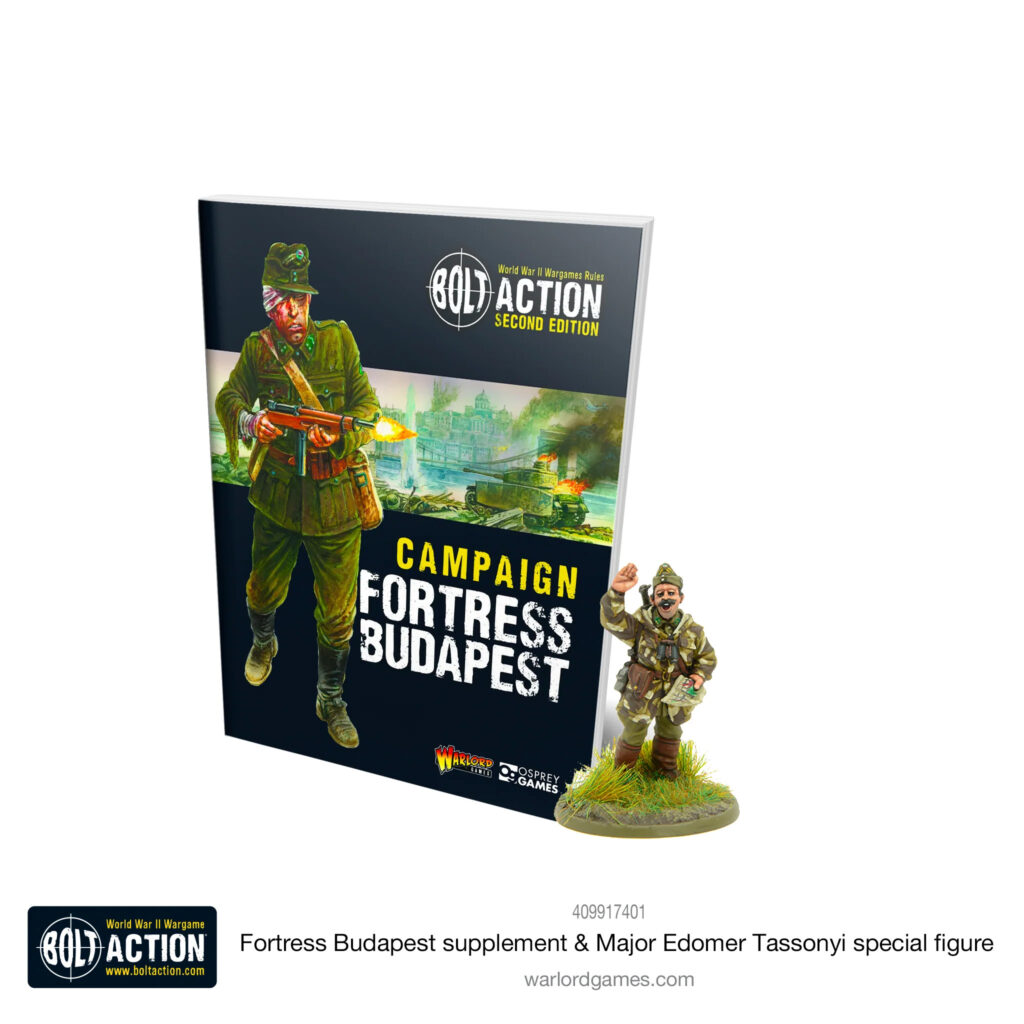
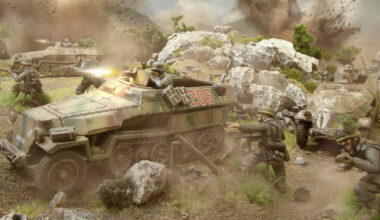
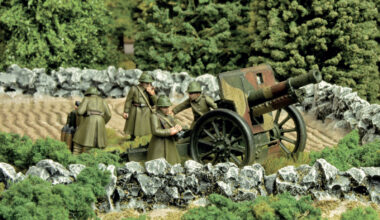
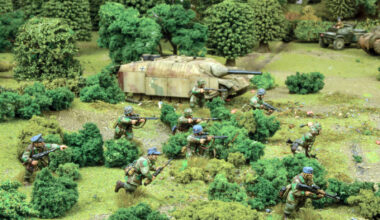
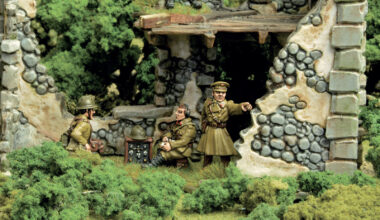
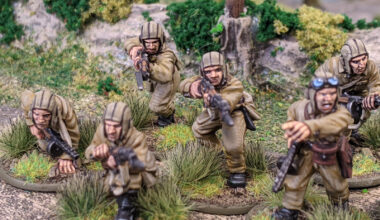
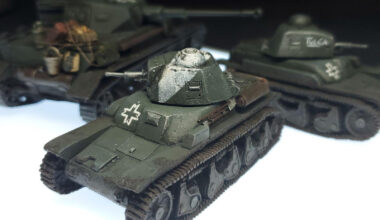
2 comments
In Germany, there is an black/white movie named “Hunde wollt ihr ewig Leben”. The Romans there nearby Stalingrad wear Lammfellmützen and me think the Netherlandhelmet M38?
This is in my opinion much better than the “French Adrian helmet” the Romans had as Allied Force in WW1, or?
Sry – not Romans – Romanians …
Comments are closed.